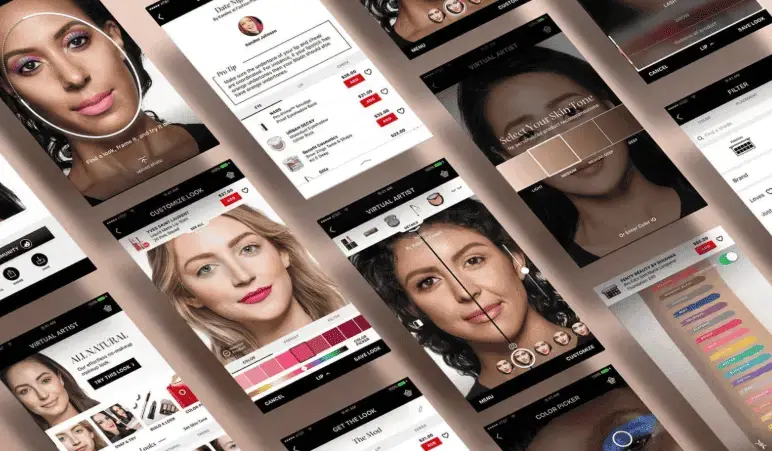Native vs Hybrid Mobile Apps: Which One is Right for Your Business in 2025?
- dhea76
- Jul 18, 2025
- 3 min read

As mobile usage continues to dominate the digital landscape, businesses planning to build mobile apps in 2025 face a critical decision: native or hybrid? Both approaches offer unique advantages and trade-offs. This article breaks down the pros and cons of native vs hybrid apps helping you choose the right path based on your goals, resources, and user needs.
Before jumping into development, it’s important to understand the fundamental differences between native and hybrid apps. The decision will impact not only your timeline and budget but also user experience, performance, and how easily you can maintain or scale your application in the future.
Getting Started: Define Your Priorities
Before deciding on native or hybrid, start by identifying your app’s primary goal: is it performance-critical, time-sensitive, or budget-focused? Clarifying your business needs from the outset will help guide the technical direction. Consider the user journey, required integrations, and how the app will evolve in the future.
Also consider the team's technical expertise and internal capabilities. Some teams might have a stronger foundation in native development, while others are more experienced with web-based frameworks. These internal factors play a major role in selecting the most sustainable and cost-efficient tech stack moving forward.
1. What is a Native Mobile App?
Native apps are built specifically for one platform iOS (using Swift/Objective-C) or Android (using Kotlin/Java). They are installed directly on the device and can fully access device hardware, sensors, and system APIs.
Pros:
High performance and responsiveness
Better integration with device features (camera, GPS, etc.)
Superior UI/UX aligned with platform guidelines
Cons:
Higher development cost (separate codebase for iOS & Android)
Longer time to market if building for both platforms
2. What is a Hybrid Mobile App?
Hybrid apps are developed using web technologies (HTML, CSS, JavaScript) and run inside a native container. Frameworks like Flutter, React Native, and Ionic allow one codebase to be deployed across platforms.
Pros:
Faster development and lower cost
Single codebase for both Android and iOS
Easier updates and maintenance
Cons:
Slightly lower performance compared to native
Limited access to advanced native features
UI/UX may not feel perfectly native
3. Long-Term Maintenance Considerations
Beyond the initial launch, ongoing updates and support are essential. Native apps often require separate teams for iOS and Android, which can increase maintenance effort and cost. Hybrid apps, on the other hand, simplify long-term updates through a single codebase—reducing overhead and streamlining future improvements.
4. Developer Community and Ecosystem
The strength of the development community and availability of third-party libraries can influence productivity and problem-solving. Native platforms like iOS and Android have mature ecosystems and official support, while hybrid frameworks like Flutter and React Native are backed by large open-source communities, offering rapid updates and plugin support.
5. Security & Compliance Requirements
For apps handling sensitive data, native development offers deeper control over encryption and platform-level security. Hybrid apps can meet general standards but may face limits with complex compliance needs. Choose wisely if your app operates in regulated industries.
Native vs Hybrid: When Should You Choose One Over the Other?
Go for Native apps when your project demands high performance, custom animations, or deep device integration like AR experiences or real-time games. On the other hand, Hybrid apps are ideal for MVPs, content-focused platforms, or when you're working with limited time and budget.
Need a development partner to build your mobile app native or hybrid? CODE.ID is here to help you plan, design, and launch with the right approach for your business goals.
📞 Contact us today: 0813-9971-0111
🌐 Learn more: https://www.code.id
.png)



Comments